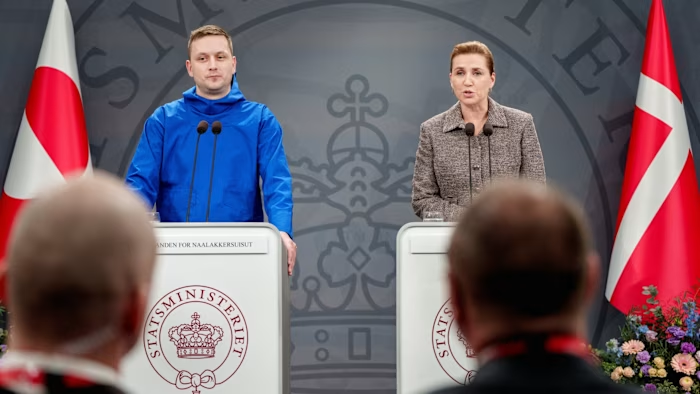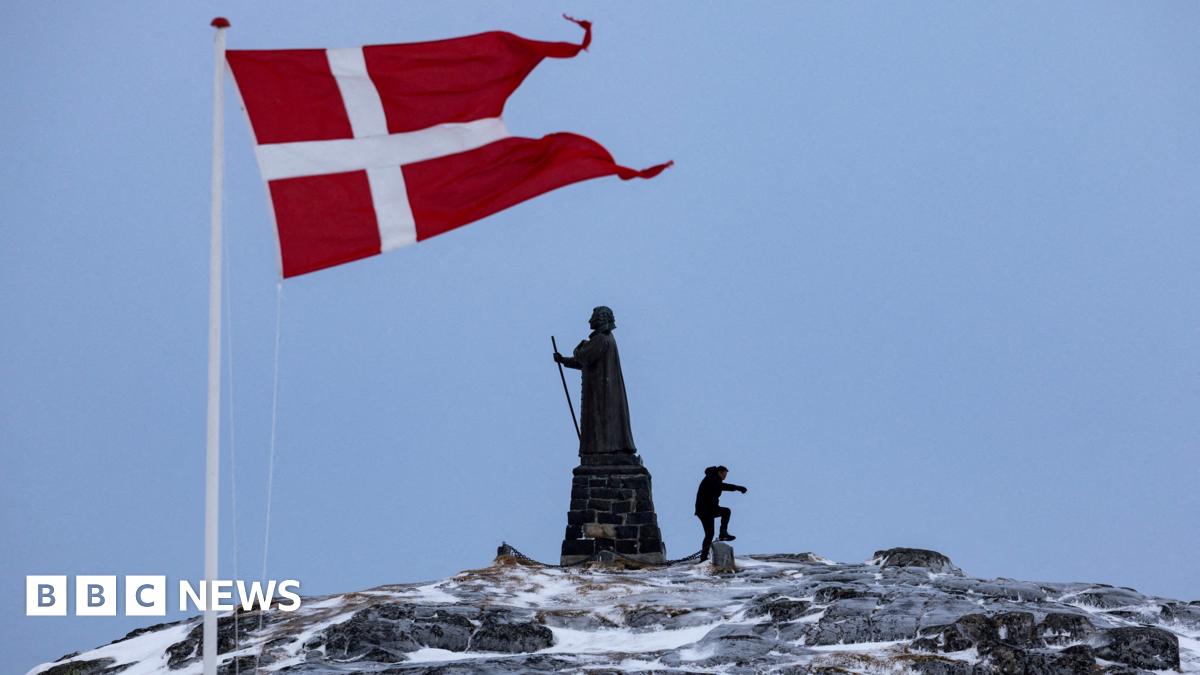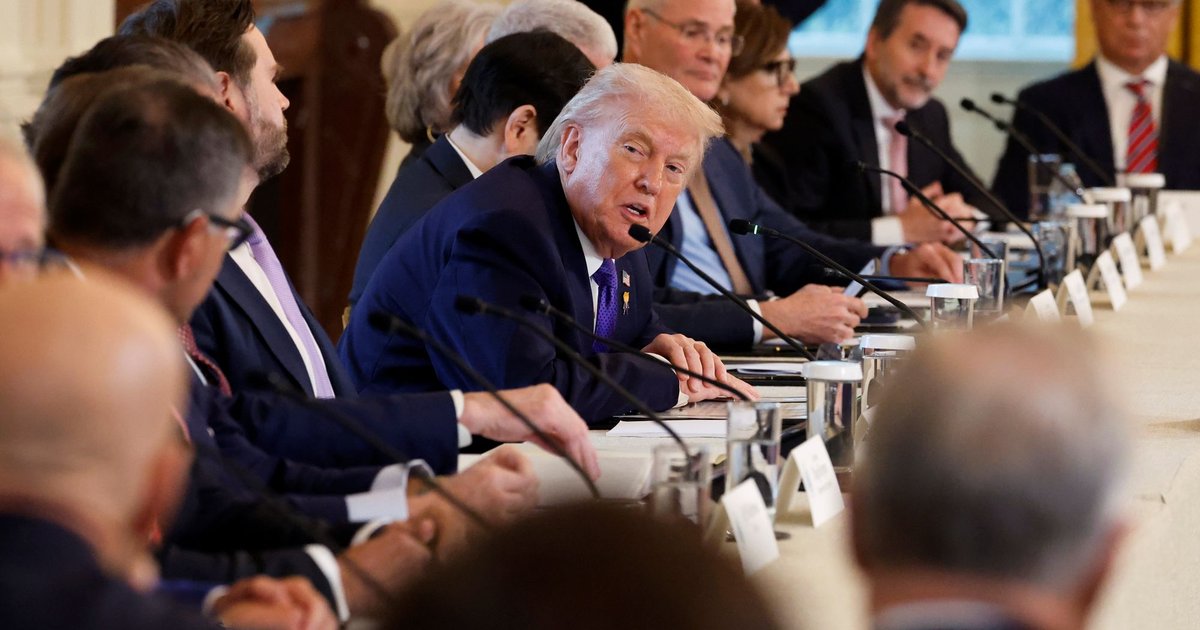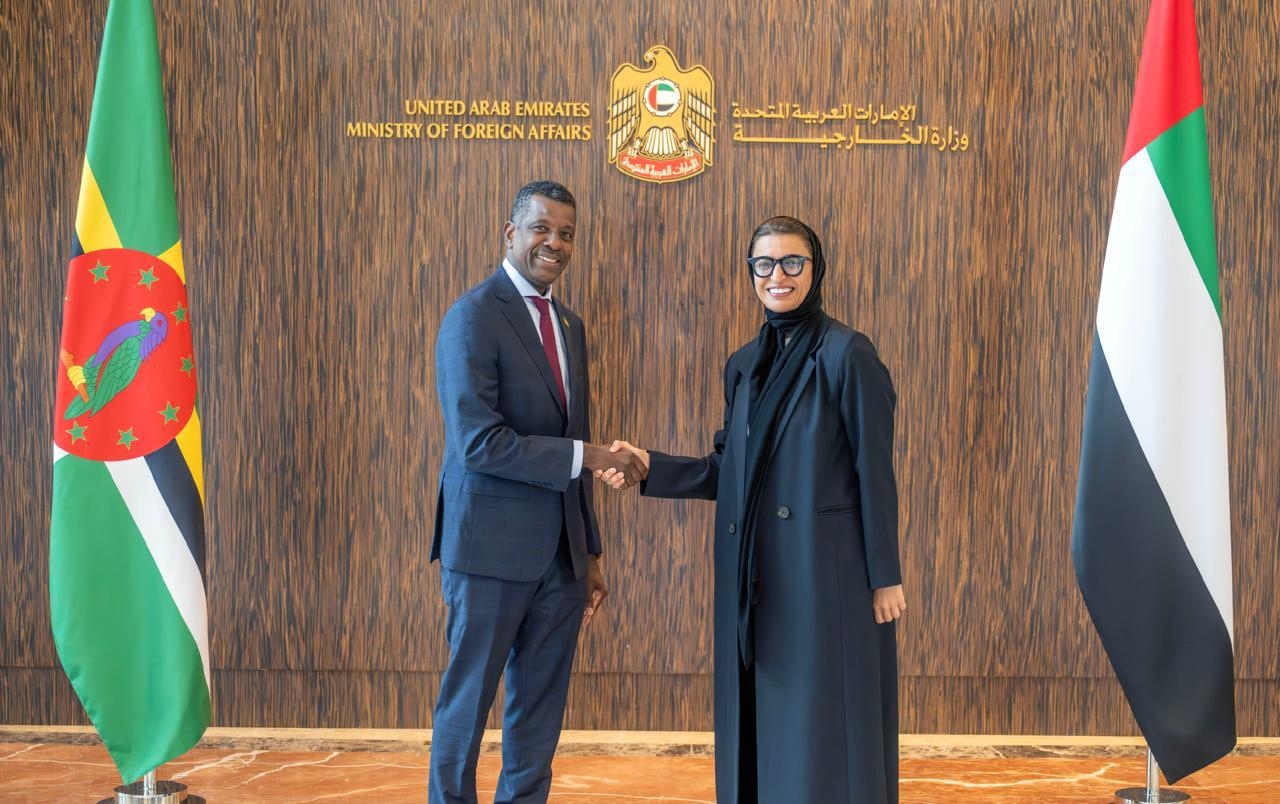Unlock the White House Watch newsletter for free
Your guide to what Trump’s second term means for Washington, business and the world
The prime ministers of Denmark and Greenland presented a united front in forcefully rejecting US pressure at a…

Unlock the White House Watch newsletter for free
Your guide to what Trump’s second term means for Washington, business and the world
The prime ministers of Denmark and Greenland presented a united front in forcefully rejecting US pressure at a…

Despite being the most sparsely populated territory, Greenland’s location between North America and the Arctic makes it well placed for early warning systems in the event of missile attacks, and for monitoring vessels in the region.
Trump has…

The US first framed its illegal Venezuela attack as an operation to oust authoritarian Maduro as part of its war on drugs. But it didn’t take long for Trump to reveal a…

Unlock the White House Watch newsletter for free
Your guide to what Trump’s second term means for Washington, business and the world
Donald Trump has said that “HELP IS ON ITS WAY” for protesters in Iran as he urged them to take over the…


Climate change poses unprecedented threats to health systems globally, particularly in vulnerable regions across Africa and beyond….

On behalf of President His Highness Sheikh Mohamed bin Zayed Al Nahyan, Her…

In December 2025, the UAE-backed Southern Transitional Council (STC) launched a major offensive in Yemen’s Hadhramaut and al-Mahra regions, seizing key territory across the south. Its close proximity to…